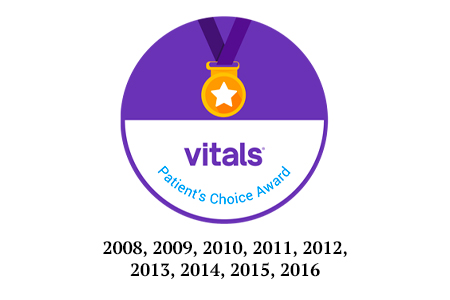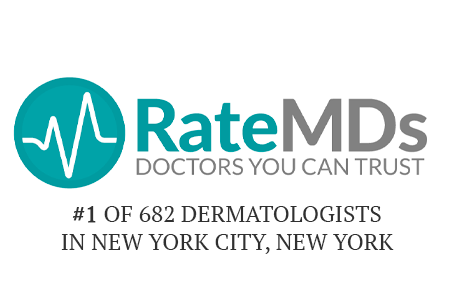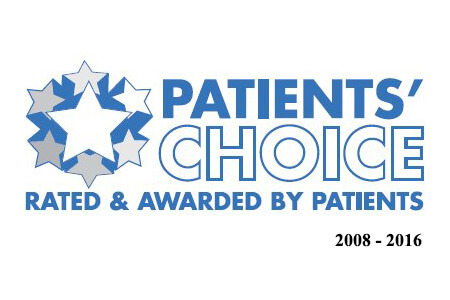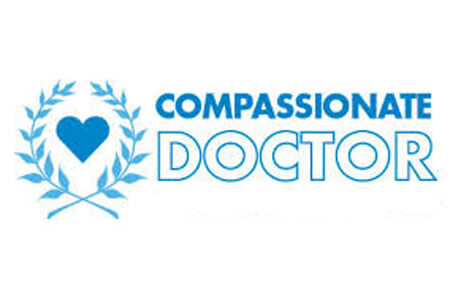Learn about skin cancer treatment options in New York
Skin cancer is the most common form of cancer in the United States, and it can be life-threatening if left untreated. Luckily, medical technology advancements have significantly reduced the mortality rate, and regular screening can prevent serious side effects and excess skin loss or scarring. At Skinprovement Dermatology in New York, we offer multiple kinds of skin cancer treatment options.
Risk factors and symptoms
Skin cancer can affect anyone, but people with lighter skin and those who spend a lot of time outdoors are at a greater risk. Early diagnosis is critical for a good prognosis, and Dr. Comite offers annual screening to help patients detect skin cancer in its initial stages. Still, it’s a good idea to check yourself for signs of cancer.
The most common type of skin cancer is basal cell. The earliest symptoms are bumps or pimples that itch and change over time. You may notice bleeding as cancer develops, like a wound that never quite heals.
Melanoma, or cancer in the melanin-producing skin cells, is the most severe form of skin cancer, and it can be deadly if treatment is not started promptly. You may notice moles or brown spots that grow larger or darker over time or that sprout asymmetrically. Melanoma is more prone to spread to other parts of your body, so if you find something suspicious, you should get it checked out immediately.
Skin cancer treatment
The most common treatment for skin cancer is surgery, and Dr. Comite can usually perform it in the office. He will cut off the outer layer of your skin and remove the tumors. He will treat the remaining area with an electric needle to destroy any remaining cancer cells in some instances.
With melanoma, you may need radiation or chemotherapy once the cancer cells are removed. If you are preparing for either of these treatments, it is a good idea to improve your cardiovascular health by walking or jogging before starting treatment to reduce fatigue symptoms.
Contact our office today at (212) 933-9490 for skin cancer screening and learn more about our treatment options.
Share this Article
Back to Skin Cancer Page














